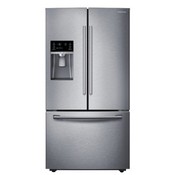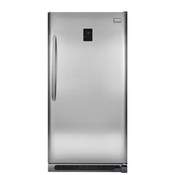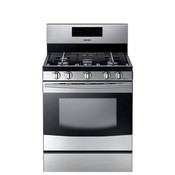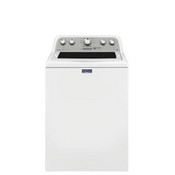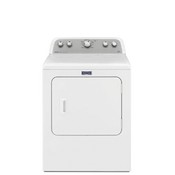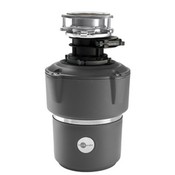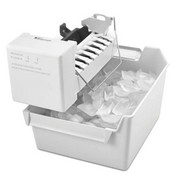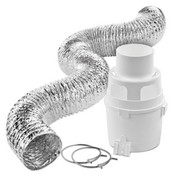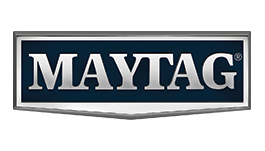Of all the modern appliances that exist today, none works harder than the clothes washer. As many times as the gears must work to twist, turn, agitate, and spin the basket at a high speed, it is no wonder that many machines must find the best GE appliance repair after a while. Besides strain on the motor, there are a number of things that can cause damage to washers. The consumer who knows what things to watch out for when using these machines will get the longest, most trouble-free use out of their appliance.
Monitor What Goes Into the Washer
The interior of a washing machine drum is customarily coated with enamel to prevent the metal from rusting due to its constant exposure to water and leaving stains on clothing. The enamel coating can be damaged by hooks on clothing, such as bras and pants, zippers, metal buttons, coins, and anything else hard enough to scratch it, which is an open invitation to ruse.
Besides the pential for damage to drum enamel, these same items, particularly zippers, coins, buckles and other heavier metal objects can actually crack or break the glass door on a front loading machine. GE appliance repair specialists state this would be an expensive washer repair. They recommended putting items in mesh laundry bags to keep them from snagging and scratching, covering larger metal parts with a sock or other cloth, and checking pockets for change before putting them in the washer.
Do Not Overload the Washer
Clothing becomes heavier when it is wet. This is especially true of jeans, towels, and other thick and heavy fabrics that absorb a lot of water. Overloading a machine beyond what the motor is capable of handling is immediately asking for problems. It puts undue stress on the bearings that can strip, and on the motor that can burn out. GE appliance repair technicians advise that too-heavy loads are one of the leading reasons for problems that either require washer repair or replacement of the appliance.
Take Clothes Out When Done
When wet clothes sit in a washer after the load is done, they can become musty and even begin to grow mold if left too long. Naturally, this is not good for the clothing and that smell can remain in the washer long after, affecting future loads.
Watch Determent Amount
Although more may seem better, with laundry detergent it is usually a waste of money. In addition, the more soap added to a load, the more rinsing required to get it out. GE appliance repair specialists suggest that by using more detergent than recommended, chances are the clothes will have residue on them. The inside of the washer may also be coated with a thin film.
Protect Against Electrical Surges
Electrical surges did not used to be such a issues; however, washers today have computerized parts that can be damaged or destroyed by a power surge. Expensive washers, along with other appliances, should be protected by plugging them into a power strip and not directly into an outlet.
Taking good care of a washing machine requires little more than ensuring that whatever goes into the machine will not damage it physically or mechanically. GE appliance repair technicians state that consumers should learn their machine’s limitations and adhere to them. An occasional maintenance cycle run with a washer cleaner and de-scaling agent is all that is necessary to avoid washer repair and allow this appliance to have a full, useful life!

